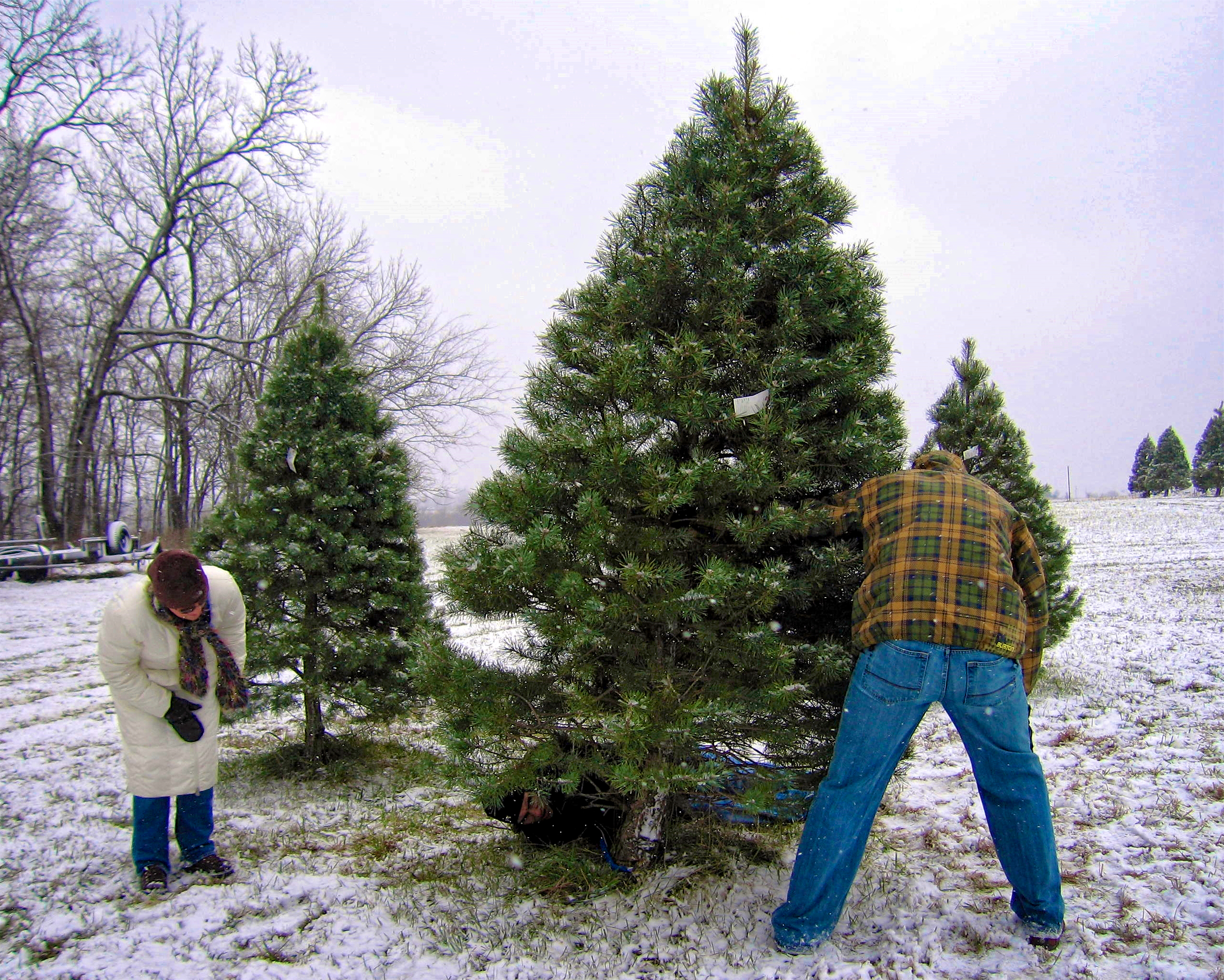I visited London during the first two weeks of January. It had been six years since my last visit and I was quickly reminded of the city’s famous grey skies and drizzly rain. On a Thursday, when the grim weather passed and the sun emerged through the clouds, I went for an afternoon walk in the neighbourhood near the flat I was staying. I walked through Islington up to Newington Green, where I ordered a coffee in a bakery that doubled as a cafe. When my mug was empty I returned to the cold air, walking along the streets of Stoke Newington. I turned a corner and was greeted by two Christmas trees taking up most of the footpath, I laughed, judging whoever dumped these trees, appreciating the consumptive behaviour of Christmas consumerism. I walked another thirty metres when I noticed another tree lying on the pavement, parallel to the fence. Around another corner I walked by a house where a tree was laid across a brick fence and two metal trash cans. I went to cross the street and noticed another smaller tree, conveniently stuffed under a hedge.
I retraced my steps and took photos with my phone of what I had seen. I posted the photos to my Instagram profile and was greeted with many responses, the most common was a sad face emoji with a single tear. One friend said “So bizarre, to me this summarises the climactic expression of consumerism, kill a tree to stick a bunch of mostly oil based shit wrapped in other trees to then rip off, throw out. And then forget about the ‘gifts’ and throw out the tree. Humans are insane hey?”

While I appreciate that Stoke Newington is clearly filled with young families enthusiastic about modern western Christmas rituals, I reflected how I previously thought this was a progressive area that would be concerned about the developing problems associated with our environment. Another friend commented, “People could at least go plant it somewhere.” Surely there is a company that provides this service? A quick Google search presented a range of results, including this page from the British government offering alternatives to dumping trees on the street:
“Christmas trees are recyclable and can be shredded into chippings, which are then used in parks or woodland areas. Alternatively you can replant them, meaning you can enjoy your tree for years to come.”
This reminded me of a recent interview with filmmaker Luc Marescot. I asked Luc, if all the people in the world were sitting in his living room (where we were seated), what would he say to them? Luc had been speaking about the behavioural change he hoped to see in western society and this question inspired him to deeply consider what he would say. He began to speak to me as though I represented the world’s population, discussing the problem of lobbying and how many corporations take advantage of herd mentality through their marketing, particularly to children.
“McDonald’s is making toys and entertaining kids… Coca Cola is doing the same, and Nutella is doing the same, and all these big brands are doing the same, because they studied that phenomenon (of herd mentality) in our society. And where we can see that your children are impacted by this… go to a primary school with a big sheet of paper with 20 logos on it, no names just the logos, and the children recognise all 20 logos. You take a similar big sheet with 20 leaves of 20 different trees from their local land, maybe they will recognise the oak, but that’s about it, and so you can see there are some roots missing.
“So maybe I will say to these eight billion people, I mean most probably the parents and the grandparents, I would say do me a favour, just do one thing, go and plant a tree with your kid, because you are going to use the same mechanism as those big brands who anchor the taste of their products into your children and guarantee a consuming audience for many years. Just create moments of nature with your kids so they have that same phenomena but for things related to nature. If you plant a tree you create a moment with your child, with the earth on your hands, and then that tree will grow, so you can come back to it. Even if you don’t have a garden, even if you don’t have a terrace or balcony, just pick one tree where they sell the little trees, you go on a hike that you like, and you can find a place where you can plant this tree, wherever. And you plant this tree and you come back to it every year, every two years, every three years, and that will be part of your story, and maybe simple actions like this will lead to a better world.”

It’s a beautiful thought, which inspires a suggestion, particularly for the families of Stoke Newington: don’t buy a Christmas tree this year, buy a native tree in a pot that you can surround with presents, and on Christmas Day or Boxing Day go and plant it somewhere, a physical activity that will help you process all of the food you’ve eaten. Create a ritual that can be the centre of your Christmas celebrations for years to come. It will be a gift to your kids, your grandkids, your current and future family, and the natural environment you all call home.
Anton Rivette is a writer and photographer. He leads storytelling at eco-nnect.













